I’m sorry if you are having to wonder, “Should I treat my cat’s cancer?” It’s not easy… Let’s discuss.
Cancer.
A word no one wants to hear unless it’s preceded by “Great news! It’s not…cancer!”
But if you’re reading this, my very first blog post, then chances are you may have a cat who has been diagnosed with some form of cancer, and I’m sorry you’re going through that. But there is often real hope for many cats with cancer. Sometimes that means a cure. Other times that means providing them with a good quality of life for the longest time possible. In addition, remember that cats have no idea what the word “cancer” is like we do. So they don’t have the scary and emotional reaction to the diagnosis. Depending on the type of cancer, they may or may not even know that they are sick!

Why did I choose cancer as my first post? It’s certainly not a happy-go-lucky, life-is-great topic.
As a feline-only veterinarian, cancer is something I deal with just about daily. Yes, it’s that common. People often ask me “How could this happen? She’s been a healthy cat her entire life! Never even a cold!” The answer is really not that complicated. Nowadays our cats are living longer (thanks to YOUR excellent care of them). We bring them to the veterinarian for check-ups more often and our diagnostic capabilities are more advanced. So we are diagnosing cancer (among other problems) sooner than we did in the past. This is a good thing!
Cancer happens to cats of all ages. Of course it’s more common in our senior patients, but just like human children get cancer, so do our younger cats (thankfully, less often). When I was a first-year veterinary student my three-year-old cat (a sassy, medium-haired torbie named Baby Willow, R.I.P.) was diagnosed with a fibrosarcoma. This is an aggressive cancer that can be difficult to cure, depending on it’s location. Despite the guarded prognosis, and despite being a poor veterinary student, I elected to proceed with treatment. Baby Willow lived to be sixteen-years-old and ultimately died of kidney failure. She beat the odds…

Cats don’t always read their instruction manual!
The final reason that cancer is such an important topic to me is that I am a cancer survivor myself. In 2019 I was diagnosed with Nasopharyngeal Carcinoma. This cancer is fatal unless treated properly. It was devastating to hear. In short, I took a six-month leave of absence from the feline-only hospital that I own to undergo extensive treatments and procedures that I would never subject an animal to. BUT THAT WAS MY CHOICE. I was my own advocate. Our pets do not have that choice, so we must make the decision for them.
I treat cancer, I’ve had a cat with cancer and I’ve experienced it firsthand myself.
The decision to treat your cat’s cancer should be based on many factors. Here are some thoughts for you to consider:
Prognosis – This is SO variable! Some cancers (like small-cell gastrointestinal lymphoma) generally carry an excellent prognosis, while others (like oral squamous cell carcinoma) have a much more guarded prognosis no matter what you do. I love being able to tell a client, “We have a diagnosis, and it’s treatable with a good prognosis!”
Location of the cancer – Your cat may not even know that she has a small but aggressive tumor on her skin. But if it’s in her mouth she may know that something doesn’t feel right. Is the location affecting her at all? Is it causing pain? Lameness?
Costs – Always a factor and also SO variable. You may have already spent a significant amount to get the diagnosis. Now you need to look at treatment costs. Some cancers may be treated with oral medication alone. These oral drugs may be fairly inexpensive in the big scheme of things (like $10-20 a month) or up to around $100 a month, but most oral medications are pretty affordable. Some cancers require surgery that could be $1000 or much more. For other cancers radiation and/or chemotherapy (again, variable costs) may be indicated. Did you know there are payment plans offered by companies such as Care Credit that offer 0% interest rates?
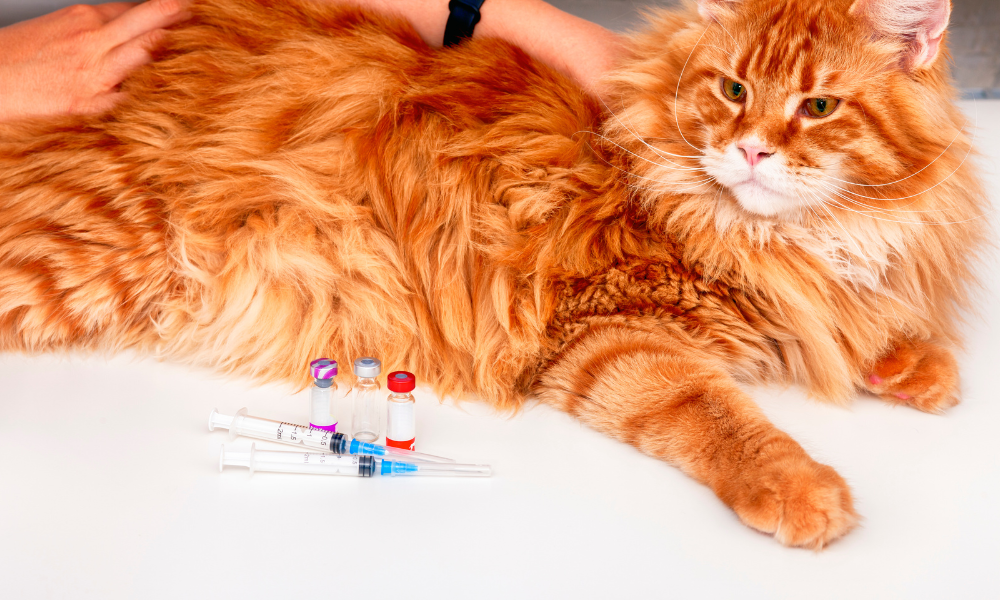 Types of treatments (and are they available locally or not) – The main types of cancer treatments are medications (oral or intravenous chemotherapy or other drugs), surgery and radiation. Each cancer has it’s own unique recommended plan (i.e. not every type of cancer requires surgery, but for some, surgery is the mainstay of treatment). Many cancers can be managed by your primary veterinarian (even those requiring surgery). However, some treatments may involve radiation therapy (not as scary as you think!), extensive surgery best managed by a board-certified cancer surgeon or advanced chemotherapy options. Do you have availability of referral if needed?
Types of treatments (and are they available locally or not) – The main types of cancer treatments are medications (oral or intravenous chemotherapy or other drugs), surgery and radiation. Each cancer has it’s own unique recommended plan (i.e. not every type of cancer requires surgery, but for some, surgery is the mainstay of treatment). Many cancers can be managed by your primary veterinarian (even those requiring surgery). However, some treatments may involve radiation therapy (not as scary as you think!), extensive surgery best managed by a board-certified cancer surgeon or advanced chemotherapy options. Do you have availability of referral if needed?
Side effects of treatments (and maintenance of quality of life) – This is one of the MOST important factors to consider. Most of the cancer treatments we use in veterinary medicine carry tolerable side effects that can be managed. Whereas a human might lose their hair and have major nausea with chemotherapy, this is usually NOT the case for our cats. Some cats may lose their whiskers (my cat did, and I kept them in a shot glass as a little reminder) or have slow fur regrowth after clipping, but your cat is not going to go bald! Maintaining QUALITY OF LIFE is our PRIMARY concern when treating cancer in our pets. We have many medications and non-pharmaceutical options that can help provide your cat with an excellent quality of life.
Monitoring required – No matter the treatment plan, you need to know what type of monitoring will be recommended. For example, your cat may need monthly blood work or chest x-rays every three months. Again, there are things we can do to make these procedures comfortable, like applying topical numbing cream to your cat’s arm prior to a blood draw. I used this on myself during cancer treatment and it really works!
Personality of your cat – Is your cat easy going at the vet or are hospital visits something you both dread? Do they need something such as an oral sedative to help them relax? How about car rides? Most cats don’t love them, but how are they in the car, how often would you need to travel and how far?
Overall current health status of your cat (current co-mobidities, i.e. other diseases they currently have) – Do they have kidney disease? How is their heart? Remember, AGE IS NOT A DISEASE! I’m often asked “Is my cat too old for surgery?” I place much more value on their overall health status than I do when their birthday is!
Here are a few of my favorite animal cancer resources.
NCSU Oncology Service (my alma mater): https://hospital.cvm.ncsu.edu/services/small-animals/cancer-oncology/
PetCure ONCOLOGY: https://petcureoncology.com/petcure-oncology-treatment/
International Cat Care: https://icatcare.org/advice/cancer-in-cats/
The Veterinary Society of Surgical Oncology: https://vsso.org/home/#homecancercatsdogs
In the end, talk to your veterinarian about your concerns and get their opinion. Get a second-opinion if you want. Consider consulting with a board-certified veterinary oncologist (your primary veterinarian can refer you). Remember, a consultation doesn’t commit you to anything. It’s ALWAYS good to know your options, so that you can make the best decision for you AND your cat!
Have you ever had a cat with cancer? What did you do? Comment below!
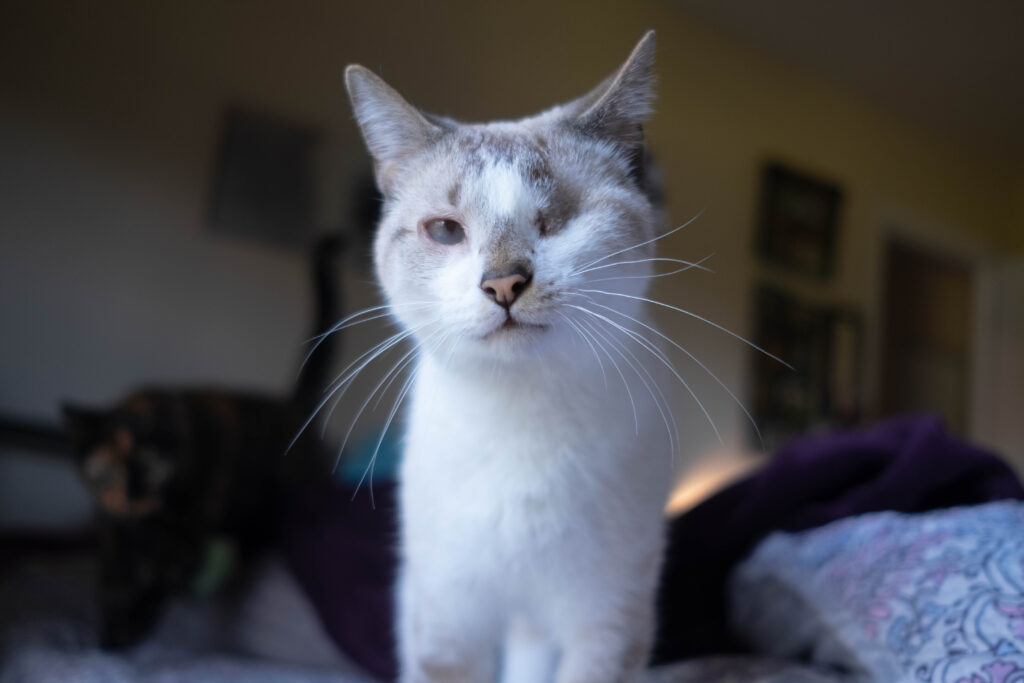

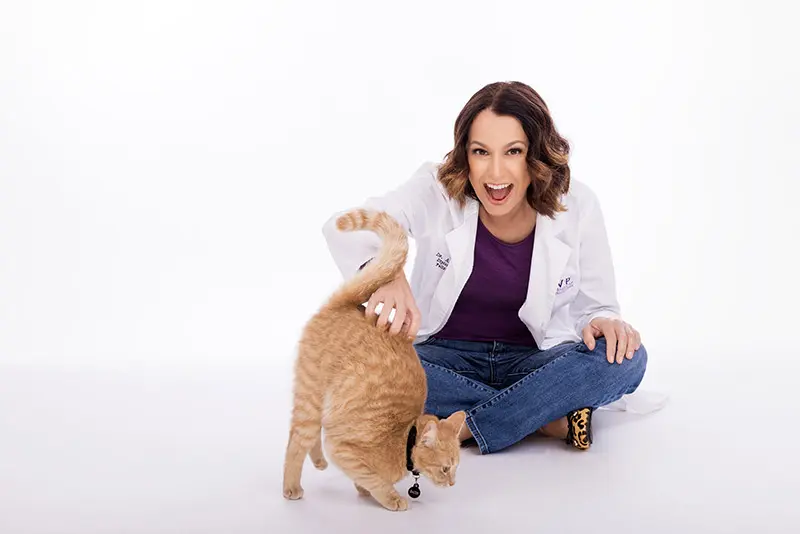











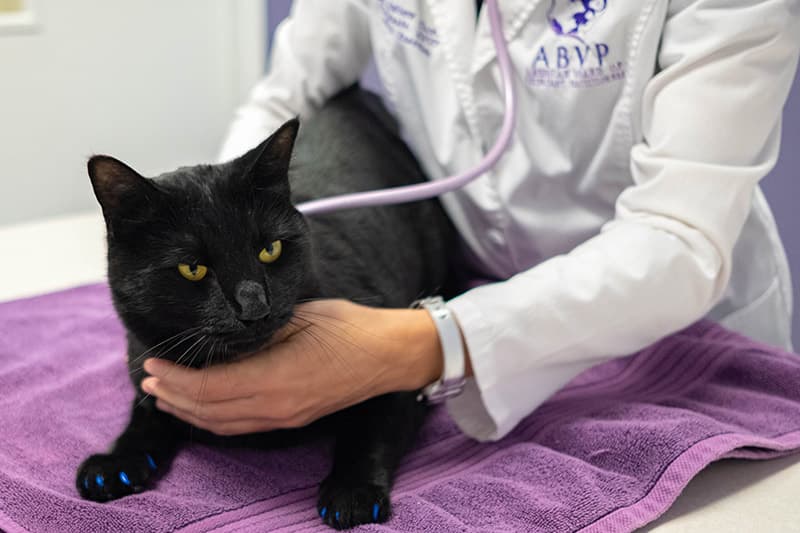
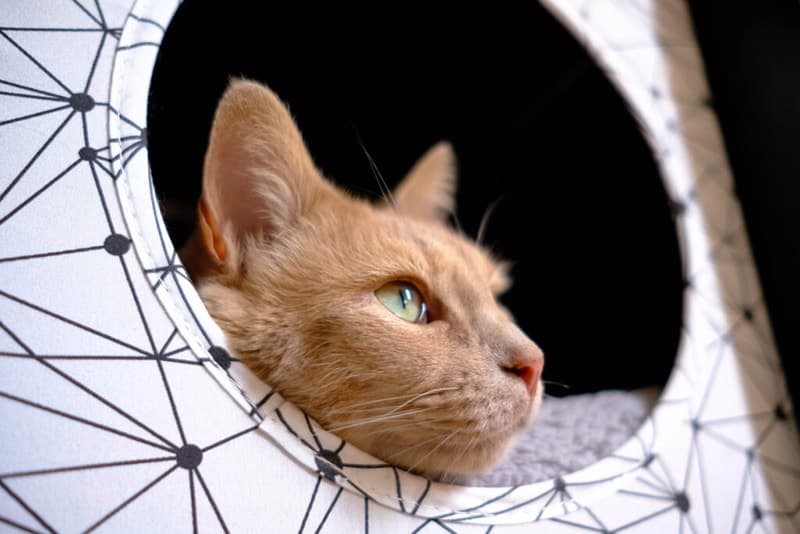

6 Responses
I love this! I haven’t knowingly had a cat with cancer but I just said goodbye to my 15 year old boy with heart failure and kidney failure. Making that call is never easy. Thank you for the information!
You’re right, it’s never easy. I am thankful that we have the ability to give them the gift of peace.
Dr. Carter is amazing, she treats my cats now and my Bobby then, he too battled cancer and was treated for diabetes. First was the insulin twice a day and diet change, we beat that. Then a few years later the cancer, we treated the cancer was given a few extra years with him. Thanks to Dr. Carter. We had almost 16 wonderful years with him. We are very loyal customers of the Cat Care Clinic and I recommend them to everyone that asks me where to take their kitties!!
Thank you Lisa for your kind comments!
My cat Coco was diagnosed with gastrointestinal lymphoma in July. I found Coco abandoned in a trailer park in 2016. The vet aged her between 6-9 years based on her teeth. She had really bad gum infections regularly so the vet recommended removing what few teeth she had left. Other than that, Coco hasn’t had any issues until she was diagnosed with cancer. February of this year, she started throwing daily and her energy level decreased. The vet did bloodwork and nothing was found. She then recommended a different blood test to rule out cancer. Still nothing. So $600 later, the vet recommended an ultrasound. I was upset that the vet didn’t have any answers and was now recommending a $800-$1,200 ultrasound. At Coco’s expense, I waited until July to take her to another vet where I take strays. He felt her abdomen and told me that there was a small mass. He recommended an ultrasound and that was when I was advised that Coco had cancer. I took her to a veterinary oncologist and was given two options (chemotherapy $12,000 or a less aggressive treatment consisting of pills $6,000). Unfortunately neither treatment was within my budget because I had 4 senior pugs and 6 additional cats. I chose to keep Coco on prednisolone. Coco had been doing well on the prednisolone, she altogether stopped throwing up and gained a little bit of weight. But last week she started throwing up (3 times, bile and a little bit of food). I took her back to the vet and he said the mass is bigger. I’m wondering if it’s too late to start a cancer treatment…
I’m sorry for your cat’s diagnosis. I think you should consult with either your personal family veterinarian or the veterinary oncologist again to see what options would be best right now. Best of luck!